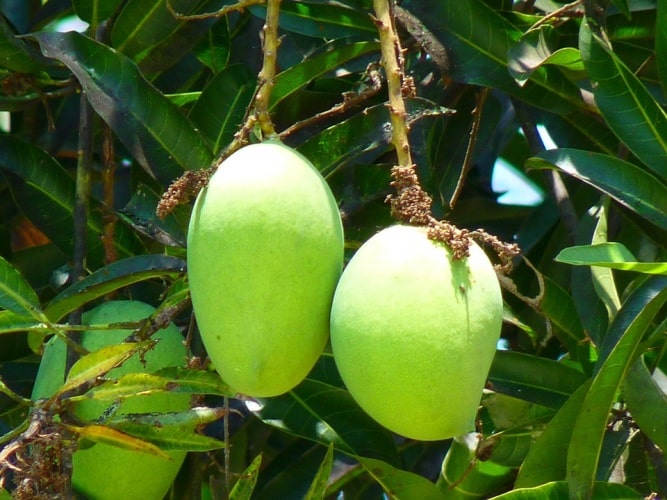
According to the researchers, 3-7 per cent of all oil is lost during processing activities in the form of sludge or waste, representing a major environmental problem. Oil contamination of soil can have cytotoxic, mutagenic and even carcinogenic effects on the organisms that come into contact with it, either directly or indirectly. The physical properties of oil also evolve over time, with new toxins exposed as the material is weathered in the soil.
The nanoparticles were synthesised from green mango peel extract and iron chloride. The zerovalent iron nanoparticles removed total petroleum hydrocarbons (TPH) by breaking down toxins in oil sludge through chemical oxidation, leaving behind only decontaminated materials and dissolved iron. Published in the journal Environmental Technology & Innovation, the study demonstrated over 90 per cent removal of TPH over a one-week treatment period.
"With mango peel being such a rich source of bioactive compounds, it made sense that zerovalent iron made from mango peel might be more potent in the oxidation process,” said UniSA's Dr Biruck Desalegn, lead researcher on the project. "As we discovered, the mango peel iron nanoparticles worked extremely well, even outperforming a chemically synthesised counterpart by removing more of contaminants in the oil sludge."
Desalegn believes the discovery presents a sustainable, green solution to help mitigate the significant pollution generated by the global oil industry.
"Ever since the devastation of the 2010 Deepwater Horizon oil spill, the petroleum industry has been acutely aware of their responsibilities for safe and sustainable production processes," he said.
"And while the world continues to be economically and politically reliant on oil industries as a source of energy, working to remediate the impact of oil pollution will remain a serious and persistent issue."




Nanogenerator consumes CO2 to generate electricity
Whoopee, they've solved how to keep a light on but not a lot else.